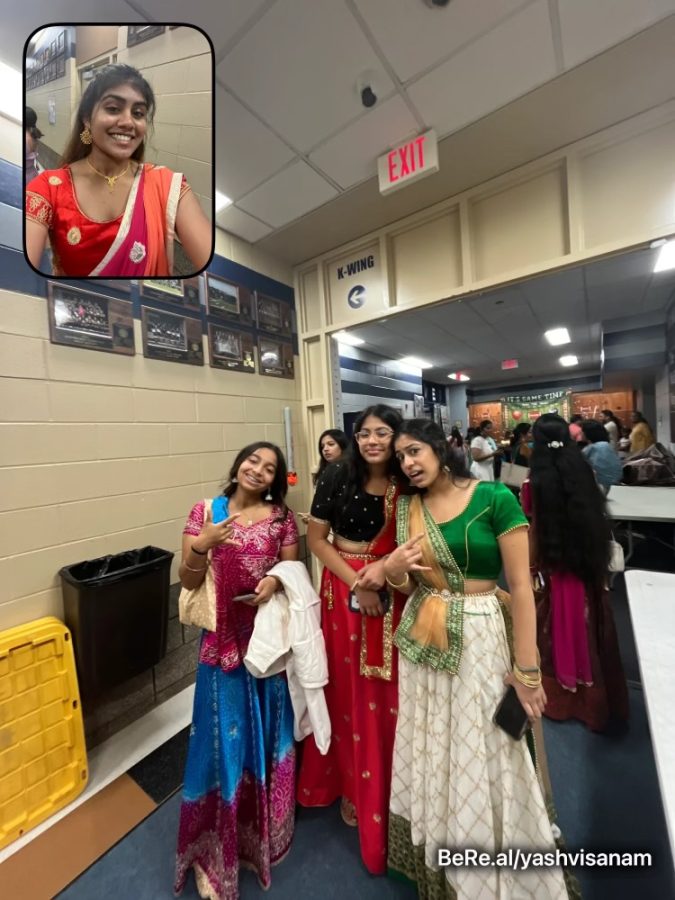Opinion: BeReal fails to achieve authenticity
October 26, 2022
The newest social media platform doesn’t advertise as social media. With minute notifications and catchy bylines, BeReal targets a specific purpose: being real. Yet what does real life look like? Simply put, not posing for photos or casually partying with Harry Styles. BeReal is a moonshot, and it misses its target.
With daily two-minute windows to take photos and only a limited amount of retakes, BeReal only gives users a limited opportunity to post. Sure, there are no technical “filters” in the app, and photoshopping is obviously not an option—at least not in the technical sense. However, users can choose what aspect of their life they share on BeReal, just like any other form of social media. Is this realistic? Almost.
The intentions of BeReal are clear. Most users probably download it to be authentic, or at the very least, more personable. However, the pressure to appear perfect in an online environment is almost irresistible. Users might find themselves posing just a little more—even if they’re doing something as mundane as grocery shopping.
Nonetheless, why highlight something mundane when you can photograph something interesting? The immediate notifications and short time limits might implement certain constraints, but the app gives users the ability to ignore them. So when given the ability to depict something flashy as “real”, users won’t pass it up.
BeReal might not be candid, but it is entertaining. I try to be as genuine as possible, but even I know it probably won’t ever be completely legitimate. Does it matter? Maybe not.
Yes, BeReal misses true authenticity, but it also kills personability. While its aim is not fully realized, its approach is novel. By giving viewers opportunities to share their everyday life in an interesting format, BeReal easily competes with other social media platforms. In the most photoshopped sense, BeReal keeps it real.








